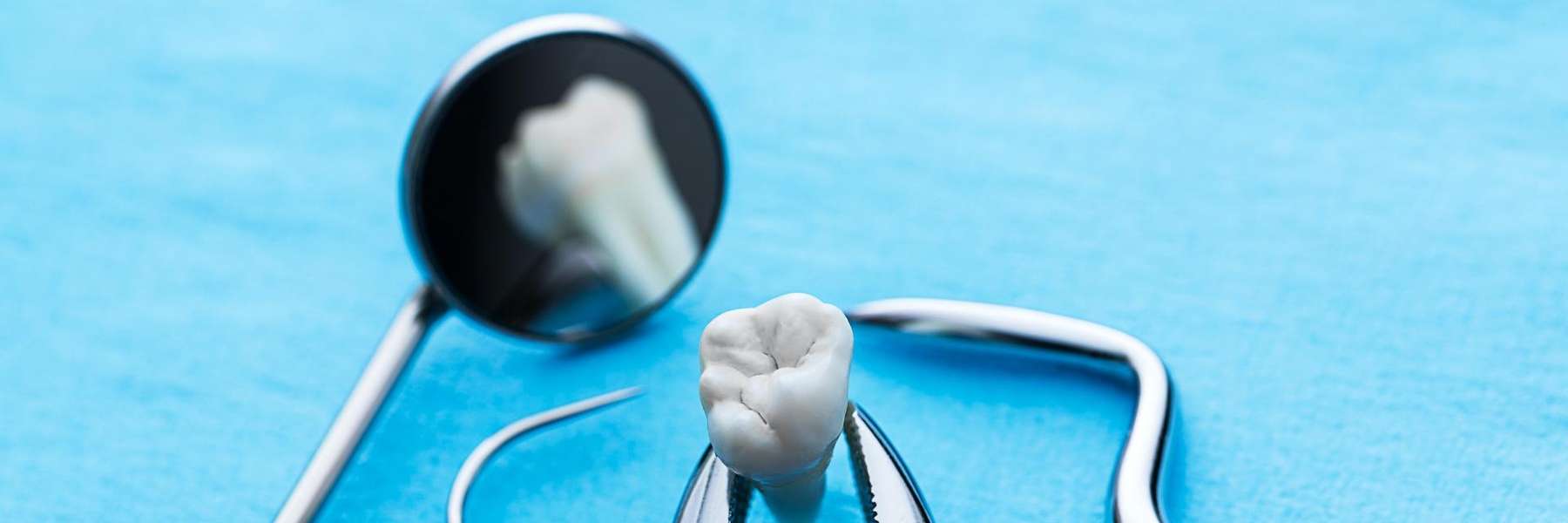
“After-hours dental care” refers to the services provided by emergency dentists outside of the usual office hours. This includes emergency appointments outside of normal business hours. These services are essential for addressing urgent dental issues that cannot wait until the next available appointment. Whether in the event of sudden and severe pain, a broken tooth, a loose crown, or traumatic impact, after-hours dental care can be a lifesaver.
Today, we're looking at some common dental emergencies, outlining best practices for managing them until you can get professional care, and discussing what to expect from an emergency dentist.
Identifying Common Dental Emergencies
Knowing what constitutes a dental emergency and acting quickly can make all the difference in preserving your oral health. So, if you’re wondering what exactly rises to full-blown “emergency” status, here are a few common examples:
- Severe and persistent toothache — Dental pain caused by untreated cavities, abscesses, or gum infections can be sudden, severe, and unrelenting. Leaving them untreated even longer can result in more severe pain, structural damage to the tooth, and even tooth loss.
- Broken or chipped teeth — Accidents can happen anytime. Sometimes, they result in broken or chipped teeth. Dental breakage should be treated at once, as it can expose the tooth’s inner “pulp,” causing sensitivity and (sometimes quite severe) pain.
- Knocked-out teeth — Losing an adult tooth is never okay and always demands immediate attention. The good news is? With prompt, decisive action, you can increase the chances of saving the tooth and having it reimplanted by an emergency dentist.
- Lost fillings or crowns — If a filling or crown falls out, it can leave the tooth vulnerable to further damage or infection.
- Dental abscesses — A dental abscess is a pocket of pus that forms in the gums or around the tooth root. Untreated abscesses often cause severe pain, swelling, and infection that can threaten a tooth and spread to other parts of the body.
Steps to Take During a Dental Emergency
When a dental emergency strikes, it can be both painful and stressful. When facing a dental emergency, it's crucial to be both calm and decisive. Here are some steps to follow:
- Breathe! — Take a moment, inhale, exhale, and assess the situation. Determine the severity of the issue. Is time of the essence? For example, a moderate toothache might be temporarily manageable with over-the-counter pain relievers, while a knocked-out tooth requires urgent care.
- Contact an emergency dentist — As soon as you conclude you're dealing with a genuine emergency, call an emergency dentist to schedule an immediate appointment. Many dental practices have an after-hours line or answering service to handle such situations.
- Manage pain and swelling — While waiting to see the dentist, use over-the-counter pain medication, a cold compress, or a warm salt water rinse to help reduce swelling and pain.
- Preserve any lost teeth — If you have a knocked-out tooth, handle it carefully by the crown (the top part) without touching the root, rinse it gently with water, and, if possible, try to place it back in its socket in the jawbone. If that's impossible, store the tooth in milk or water and get to the dentist ASAP.
- Follow instructions — When you contact an emergency dentist, they may provide specific instructions on what to do before you arrive. Follow these instructions closely to increase the chances of a quick and painless recovery.
Services Commonly Offered by Emergency Dentists
Emergency dentists offer a range of services to immediately relieve a patient’s discomfort while also addressing their ailment to prevent further damage until they can receive further treatment if needed. Some of the services commonly provided by emergency dentists include:
- Examinations and x-rays — Emergency dentists often perform quick examinations and take x-rays for diagnosis and treatment planning.
- Pain relief — Emergency dentists can provide immediate pain relief through medications, nerve blocks, or other treatments.
- Tooth repair — Whether you have a broken, chipped, or knocked-out tooth, most emergency dentists offer restoration services like dental bonding, crowns, or even reimplantation of knocked-out teeth.
- Infection control — In cases of gum infection or an abscess, the dentist can alleviate the issue and prescribe antibiotics to prevent further infection.
- Temporary restorations — If you've lost a filling or crown, an emergency dentist can provide a temporary restoration to protect the tooth until a long-term treatment is available.
What to Expect During an After-Hours Emergency Dental Visit
Visiting an emergency dentist after hours can be an unfamiliar experience, especially if you suffer from dental anxiety. Knowing what to expect can be a big help.
- Prompt attention — Emergency dentists prioritize urgent cases, so you can expect to be seen relatively quickly after arriving.
- Comprehensive evaluation — The dentist will perform a thorough evaluation to assess the severity of your condition. This may involve a visual examination, x-rays, and asking about your symptoms and medical history.
- Pain management — If you're in pain, the dentist will take immediate steps to alleviate it, whether through local anesthesia, pain medications, or other treatments.
- Treatment planning — Depending on the nature of the emergency, the dentist will develop a treatment plan. In some cases, the problem can be fully resolved during the visit, while in others, you may need to schedule a follow-up appointment for further care.
Remember, emergency dentists understand the stress and discomfort that come with dental emergencies. As a result, they strive to provide compassionate, patient-centered care to put you at ease.
The Importance of Having an Emergency Dentist
Dental emergencies are often unexpected and can be unnerving. Access to an emergency dentist is crucial for addressing these issues promptly and effectively. Knowing that professional help is available to provide pain relief, prompt treatment, and peace of mind when you need it, even during the evening hours (Pearly Place Dental is open until at least 6:00 three days a week!) can make all the difference in preserving your oral health and preventing complications.
By understanding the common types of emergencies, knowing the steps to take when they occur, and knowing what to expect during an emergency dental visit, you can ensure that you're prepared to handle dental issues whenever they arise.
An Effective, Compassionate, and Accommodating Emergency Dentist Lindenhurst, NY
Whether you’re looking for effective, efficient, and timely emergency dental care in Lindenhurst, NY, or just want to be prepared should the need arise, Dr. Anudeep Grewal and the compassionate and skilled Pearly Place Dental team are standing by to address your urgent dental care needs!
